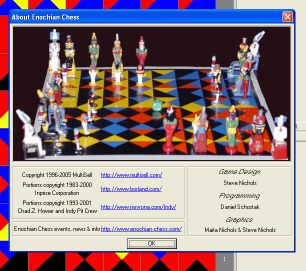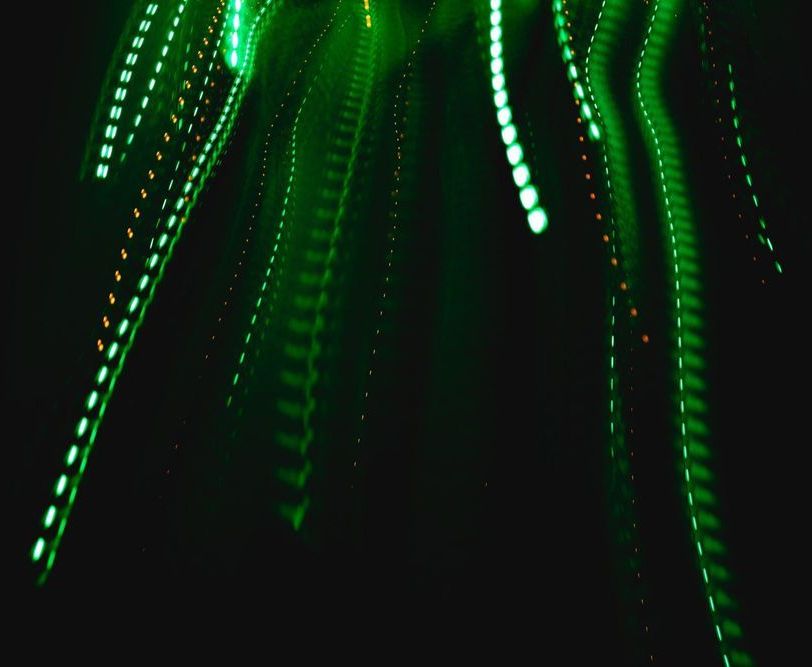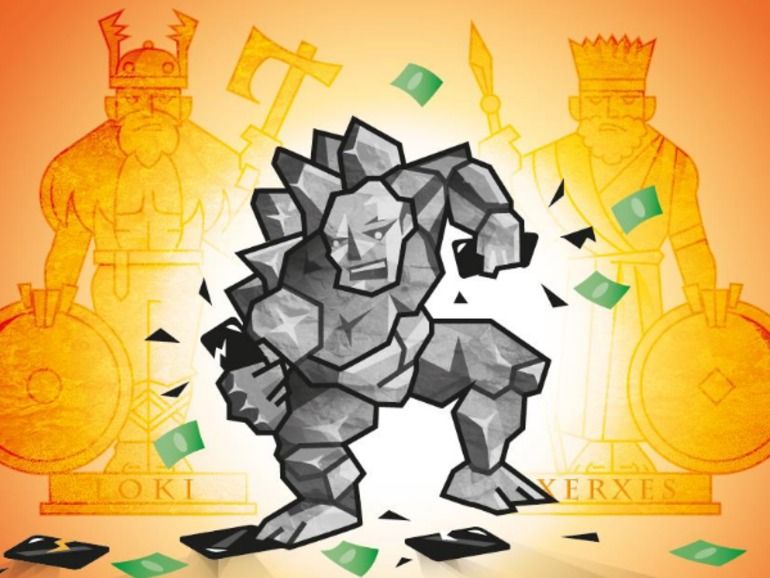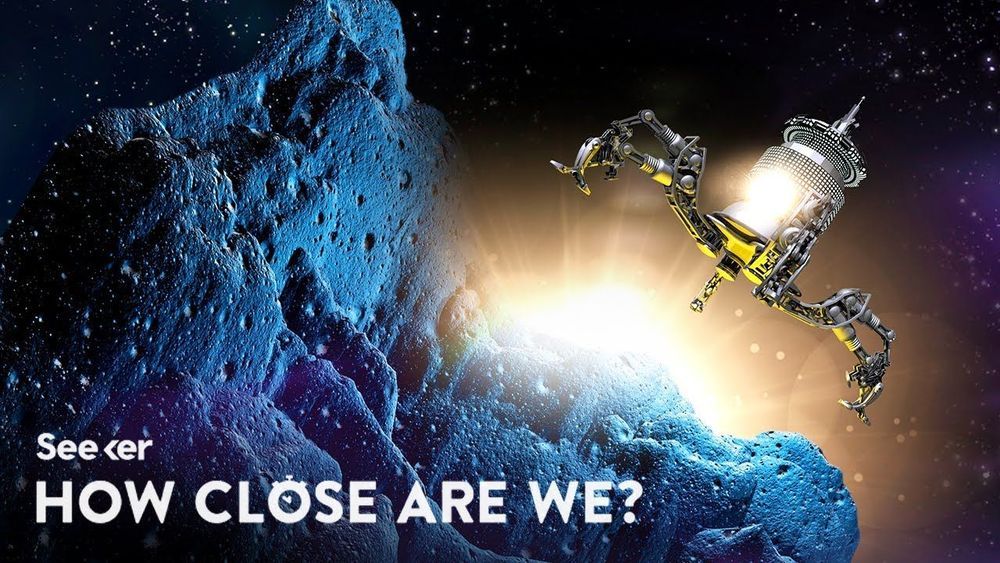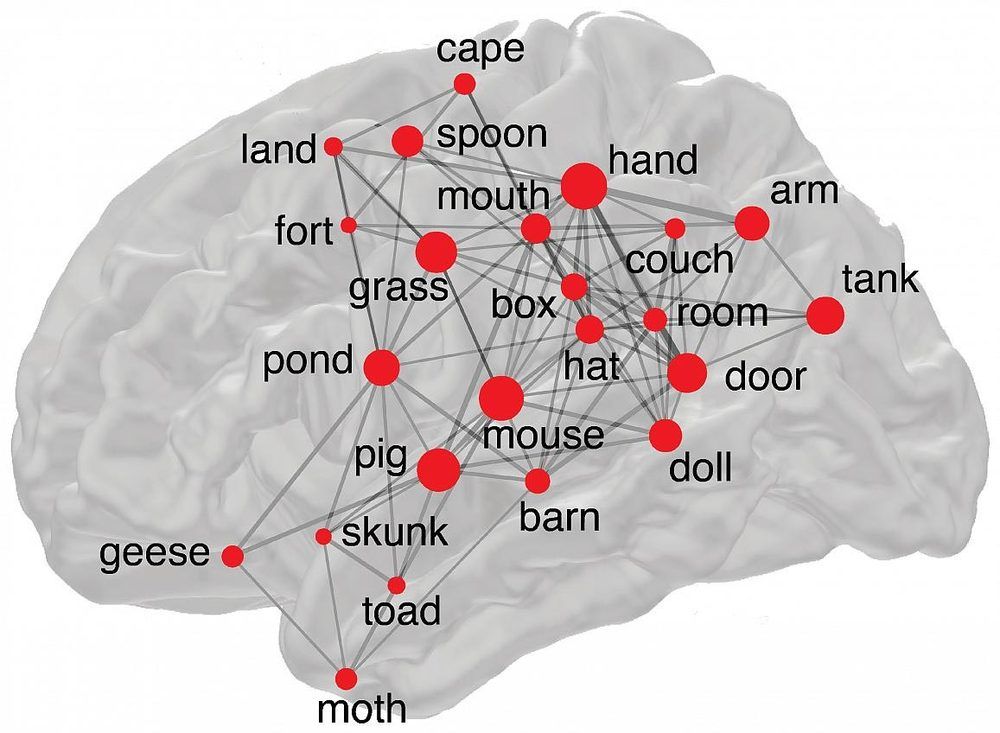Here is my research dissertation M.Sc. in Neural Computation, CCCN Uni Stirling. A variety of net architectures were trialed for specific use in Enochian Chess software, and the commercial version is now in its 3rd edition over 26 years on. The first section consists of a literature review of artificial neural nets and their application to a variety of classic boardgames. Although quite old now, there haven’t been any or many other papers on nets and divination games. This paper has proved very prescient! Today neural nets are commonly used by game developers. The race amongst super computer developers to ‘predict’ stock markets, or weather systems, or winners of horse races, is fierce. MVT unconstrained hardware may offer some synergies when used in conjunction with nets or trad AI.
My interest in active divination (rather than passive divination) goes back a bit now. Enochian Chess software is one example, but Tsakli can also be used in divination. Passive forms of fortune-telling rely on pure chance without any skill or judgement asked of the questioner. Astrology is a good example. You cannot change or ameliorate your date and time of birth or effect the course of the stars. It is essentially fatalistic. What is the point trying to discern information about which you can do absolutely nothing? Brainstorming and the jumping up and down excitement generated by unexpected game episodes, plus the many ideas generated by the move by move conversation and thrown up by wide consideration of the particular divination question, can be of real psychomorphological value in helping plan your future life moves.
